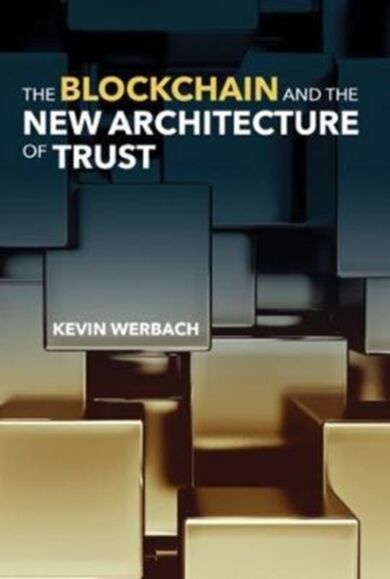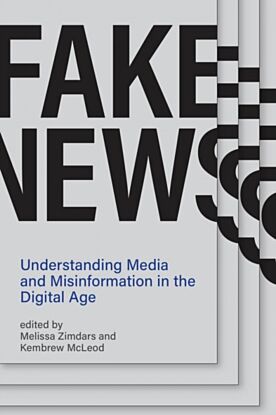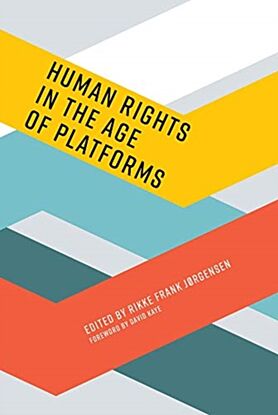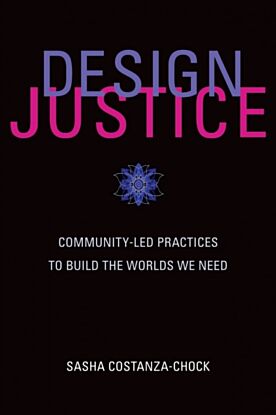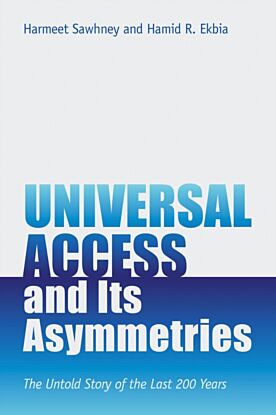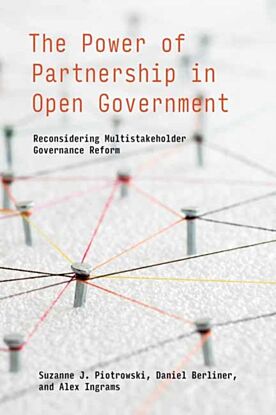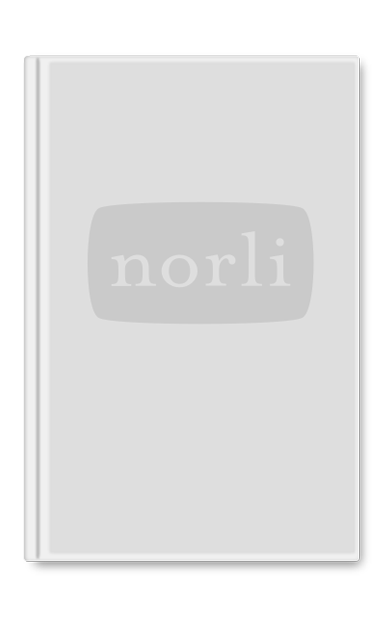The Blockchain and the New Architecture of Trust
Information Policy
- Format: Innbundet
- Antall sider: 312
- Språk: Engelsk
- Forlag/Utgiver: SD Books
- Serienavn: Information Policy
- EAN: 9780262038935
- Utgivelsesår: 2018
- Bidragsyter: Werbach, Kevin (University of Pennsylvania)
369,-
How the blockchain—a system built on foundations of mutual mistrust—can become trustworthy
The blockchain entered the world on January 3, 2009, introducing an innovative new trust architecture: an environment in which users trust a system—for example, a shared ledger of information—without necessarily trusting any of its components. The cryptocurrency Bitcoin is the most famous implementation of the blockchain, but hundreds of other companies have been founded and billions of dollars have been invested in similar applications since Bitcoin’s launch. Some see the blockchain as offering more opportunities for criminal behavior than benefits to society. In this book, Kevin Werbach shows how a technology resting on foundations of mutual mistrust can become trustworthy.
The blockchain, built on open software and decentralized foundations that allow anyone to participate, seems like a threat to any form of regulation. In fact, Werbach argues
The blockchain entered the world on January 3, 2009, introducing an innovative new trust architecture: an environment in which users trust a system—for example, a shared ledger of information—without necessarily trusting any of its components. The cryptocurrency Bitcoin is the most famous implementation of the blockchain, but hundreds of other companies have been founded and billions of dollars have been invested in similar applications since Bitcoin’s launch. Some see the blockchain as offering more opportunities for criminal behavior than benefits to society. In this book, Kevin Werbach shows how a technology resting on foundations of mutual mistrust can become trustworthy.
The blockchain, built on open software and decentralized foundations that allow anyone to participate, seems like a threat to any form of regulation. In fact, Werbach argues

